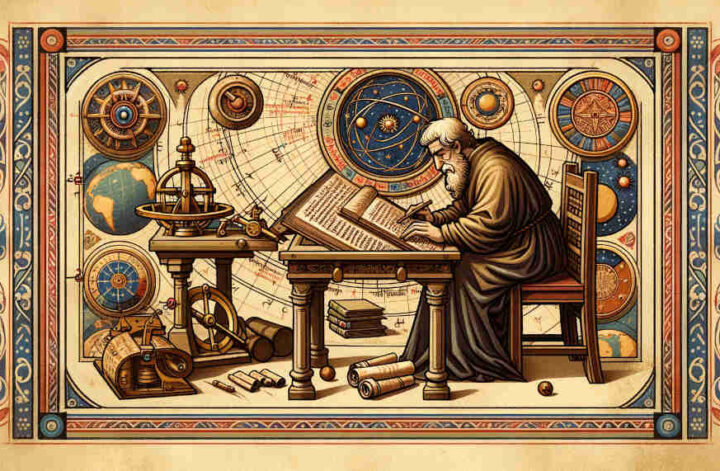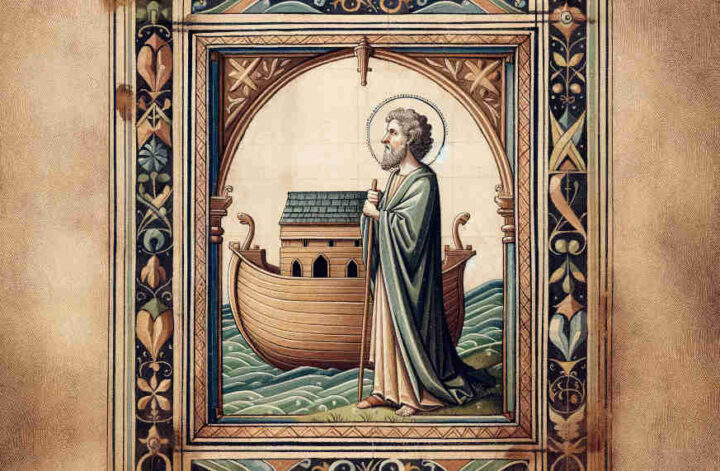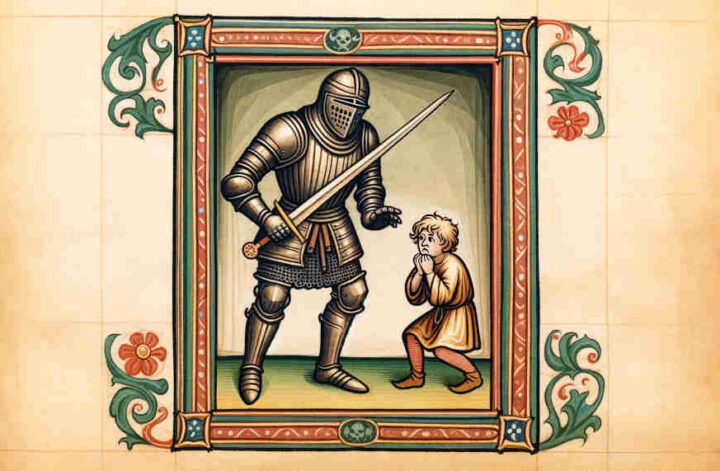Question from a Reader:
Dear Rabbi Joshua,
I’ve been contemplating the place of astrology in Noahism. Is it forbidden to research astrological signs like Scorpio, Taurus, etc., and think about personality traits and compatibilities? Also, are we forbidden from reading our horoscopes in newspapers and such? I’ve avoided astrology for over 20 years, advising others to do the same, under the belief that it was “pagan”.
Sincerely,
Michael
Response from Rabbi Joshua
Dear Michael,
Thank you for your thoughtful inquiry. The question of astrology in the context of Noahism is indeed a nuanced one. As someone deeply committed to the teachings of Judaism, my response is rooted in our sacred texts and traditions.
Firstly, it’s important to distinguish between ‘astrology’ as a cultural or psychological phenomenon and ‘astrology’ as a divinatory practice. The Torah, in Deuteronomy 18:10-12, explicitly forbids divination, a category under which astrology as a means of foretelling the future or influencing one’s destiny would fall. This prohibition is echoed in the Talmud (Shabbat 156a), where reliance on astrological signs is discouraged, emphasizing that ‘ein mazal l’Yisrael’ (ישראל מזל אין) – Israel is not subject to astrological constellations.
In the context of Noahism – the universal moral and ethical code for non-Jews derived from the Seven Laws of Noah – the prohibition against idolatry and divination applies. Delving into astrology with the belief that celestial bodies control or predict human fate contradicts the fundamental Jewish belief in free will and divine providence. Thus, from a traditional Jewish perspective, relying on astrology for predictions or guidance in life decisions would be considered inappropriate.
However, when it comes to a casual or cultural interest in astrology – such as reading about personality traits associated with astrological signs – the stance is more lenient, provided it is not taken as a serious determinant of one’s behavior or future. It is key to maintain a clear distinction between interest and belief. The moment astrology crosses over into the realm of belief or influences decisions, it veers towards the forbidden.
Regarding reading horoscopes for entertainment or curiosity, as long as one does not give them credence or allow them to dictate life choices, it falls into a gray area. It’s crucial, however, to remain vigilant about not letting such practices diminish one’s faith in God’s sovereignty and the primacy of personal choice and moral responsibility.
In conclusion, while a casual interest in astrology as a cultural phenomenon may not be strictly forbidden in Noahism, any serious reliance on or belief in astrology as a determinant of one’s fate or actions is not in harmony with Jewish teachings. As always, the emphasis should be on personal accountability, moral decision-making, and faith in divine guidance.
May your journey be guided by wisdom and light.
Shalom,
Rabbi Joshua


